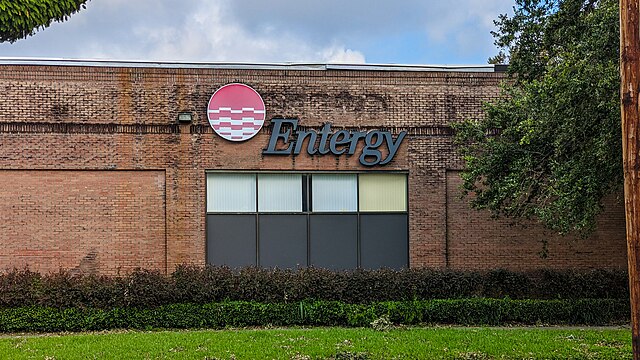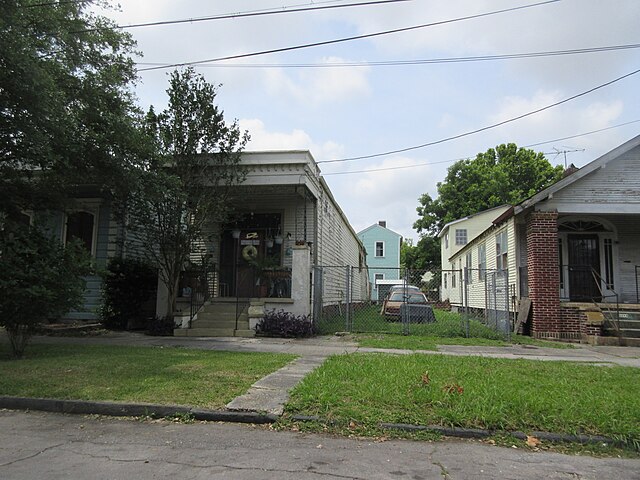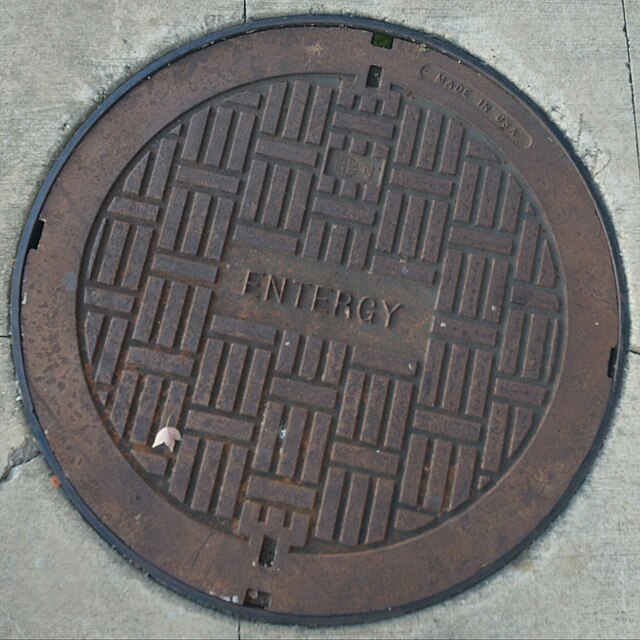New Orleans is on the verge of a significant utility shake-up, as the city considers the sale of Entergy’s natural gas distribution system to Delta State Utilities (DSU), a private equity firm with no prior experience serving customers. While the deal promises a temporary rate freeze, it comes with a host of serious concerns for ratepayers—particularly low-income residents—and could derail the city’s progress toward clean energy.

A New Utility, New Problems
Currently, New Orleans residents pay a single utility bill for both electric and gas services through Entergy. Under DSU, residents would see separate bills, adding complexity and potentially higher charges for gas. Even though DSU has agreed to freeze rates for 15 months after the sale, the company has admitted that it plans to expand gas infrastructure in the city. This expansion makes rate increases after the freeze all but inevitable, placing an additional burden on already financially strapped households.
Troublingly, private equity firms like DSU are not subject to the same federal reporting requirements as publicly traded companies. DSU operates with less transparency, giving ratepayers fewer avenues to contest inaccurate bills or sudden cost increases. This lack of accountability raises alarms about the future of customer service and rate stability under DSU.
Disproportionate Impact on Low-Income Households

Low-income households in Louisiana face a significantly heavier burden when it comes to energy costs, with some families spending up to 28% of their income on utility bills. This is far higher than the national average, where energy costs typically account for 3-5% of household income. For many, this means having to make difficult choices between paying for essential utilities and covering other basic needs such as food, healthcare, or rent.
The impact of rising energy costs is not evenly distributed. Black, Hispanic, Native American, and older adult households are disproportionately affected, largely due to systemic inequities in income levels, housing quality, and access to energy-efficient resources. Homes in these communities are often older and less energy-efficient, resulting in higher energy consumption and, consequently, higher bills. This energy burden exacerbates already existing economic disparities, making it even more difficult for these households to achieve financial stability.
A Setback for Climate and Clean Energy Goals
In addition to economic concerns, this sale undermines the city’s climate and clean energy objectives. The creation of a new utility whose sole business is selling and burning fossil fuels contradicts New Orleans’ commitment to transitioning to renewable energy. While Entergy New Orleans (ENO) manages both electric and gas services, the City Council has the power to guide ENO’s policies in alignment with climate goals, such as reducing reliance on fossil fuels. The sale to DSU complicates this process, making it harder to phase out gas services in favor of clean energy solutions.
Uncertain Future for Rates

As the decision looms, residents and advocates are calling for greater transparency and protections to ensure that the sale doesn’t result in higher costs for customers. The impact on communities already under financial strain is a pressing concern, and many are questioning whether this sale will make an already difficult situation even worse. Healthy Gulf organizers and our partners with the Alliance for Affordable Energy and Energy Future New Orleans are working to advocate for community needs with decision makers, educate the public on these critical issues, and fight for equitable, efficient energy for residents of Louisiana and beyond.
This sale is not yet final! New Orleans residents can call or email City Council Members to tell them to reject the sale to DSU. Learn more HERE.
###
Sage Michael Pellet is Healthy Gulf’s Climate Justice Organizer & Fellowship Program Manager. He is a local and established community activist and organizer working to better the quality of life in his hometown of New Orleans.
